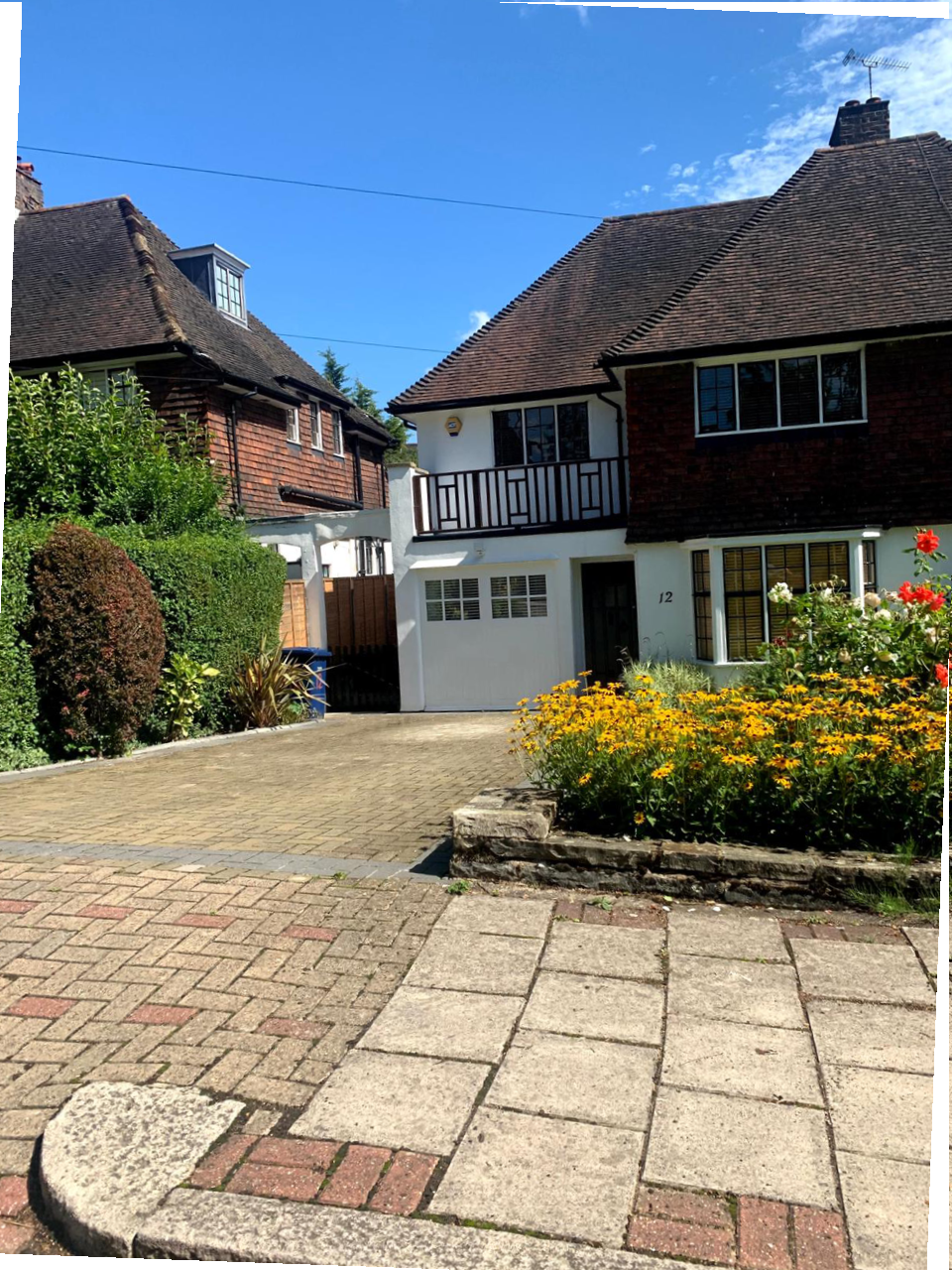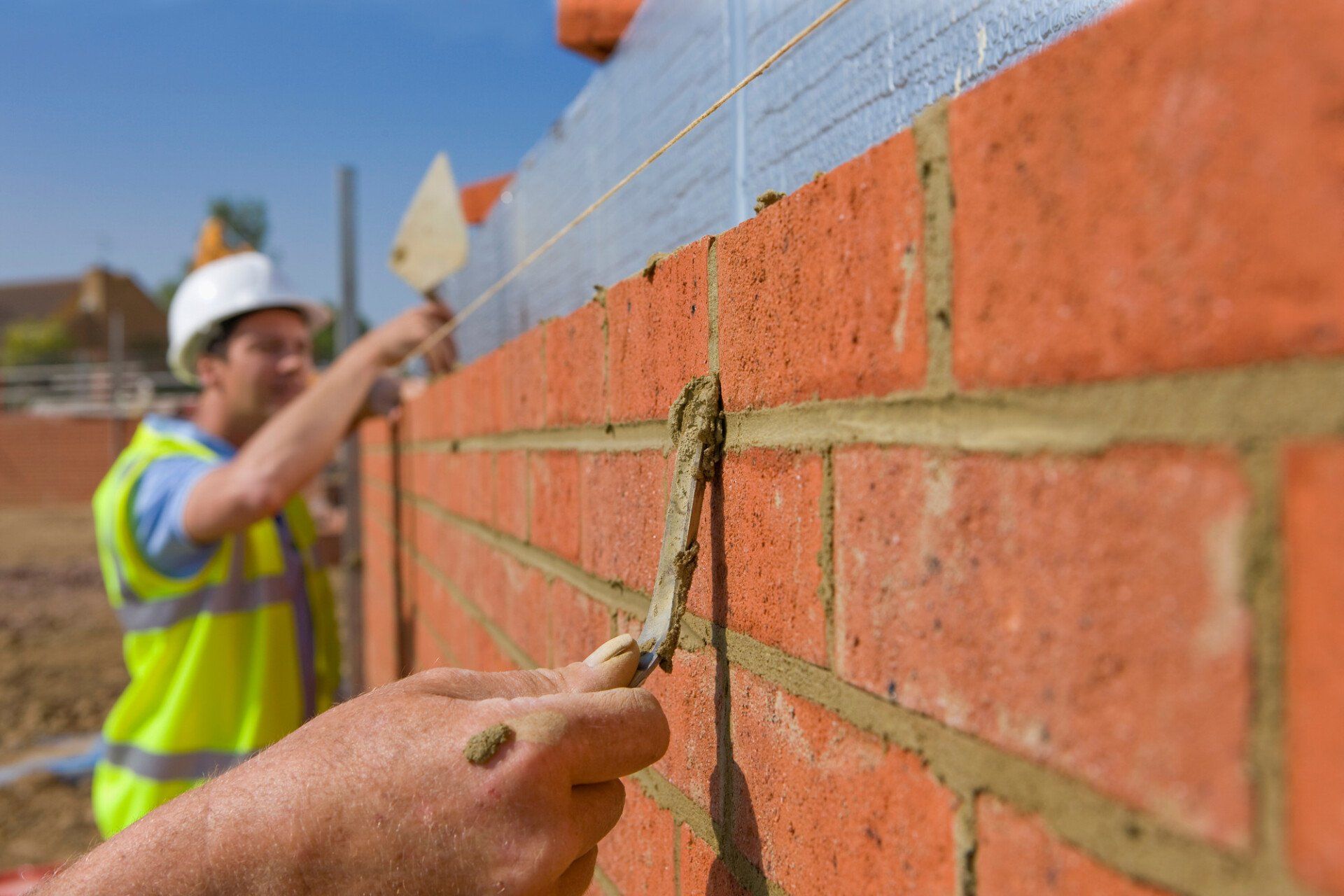Value of Party Wall Considerations in Construction Projects
When embarking on a construction project, whether it's a loft conversion, basement excavation, or a new extension, there’s more to consider than blueprints and budgets. One often-overlooked but critically important element is the Party Wall Act 1996 and the value of party wall considerations in ensuring a smooth, legally sound construction process.
For many property owners, especially in urban areas like London where homes share boundaries, understanding party wall obligations is essential. Ignoring them can lead to delays, disputes, and even legal action. In this blog, we’ll explore the importance of party wall matters, the roles involved, and how these considerations can protect your project’s success.
What is a Party Wall?
A party wall is any wall that stands on the land of two (or more) owners and forms part of a building. It can also be a wall that separates buildings, such as terraced houses or semi-detached homes. In addition to walls, the Party Wall Act covers floors between flats and boundary walls (party fence walls).
The Role of the Party Wall Act 1996
The Party Wall etc. Act 1996 is a piece of legislation in England and Wales that governs how work affecting shared walls or boundaries should be handled. It aims to prevent and resolve disputes between neighbours when construction work impacts a shared structure or boundary.
The Act requires advance notice to be given to neighbouring property owners (Adjoining Owners) if the proposed works:
- Affect a party wall or structure
- Involve building on or near the boundary
- Include excavations close to a neighbouring building
Why Party Wall Considerations Matter in Construction Projects
1. Legal Compliance and Avoiding Disputes
The Party Wall Act is not optional. Failing to comply can halt a construction project and lead to legal injunctions or costly disputes with neighbours.
Benefits:
- Prevents project delays due to legal challenges
- Reduces the risk of financial penalties or court action
- Demonstrates due diligence and good neighbour relations
2. Clarity Through Documentation
A key part of party wall procedures involves producing a Party Wall Award, a legal document drafted by one or more surveyors that outlines:
- What work is permitted
- When it will occur
- How the work should be executed
- Protective measures for the adjoining property
This document removes ambiguity and provides a clear framework, reducing potential conflict down the line.
3. Protecting the Condition of Adjoining Properties
A Schedule of Condition Report is usually created before any work begins. This photographic and written record documents the condition of neighbouring properties. It becomes invaluable if disputes arise over damage claims during or after the construction.
How It Helps:
- Establishes a clear "before and after" record
- Reduces false or exaggerated claims
- Protects your construction company or client from liability
4. Maintaining Good Neighbour Relations
Construction noise, dust, and structural risk can fray relationships between neighbours. Proper party wall procedures show respect and transparency, which can prevent neighbourly friction from escalating into formal complaints or legal disputes.
Key Outcomes:
- Builds trust through formal notification
- Encourages collaborative dialogue
- Makes it easier to resolve issues amicably
5. Minimising Project Delays and Costs
Delays in construction can lead to spiralling costs. Without early consideration of party wall matters, your project may be interrupted by neighbour objections, legal injunctions, or the need to redo survey work.
With Proper Party Wall Planning:
- Surveys and agreements are completed before work starts
- Contractors have clear guidance to avoid breaches
- Work proceeds on time and on budget
6. Risk Management and Liability Reduction
Construction near or on shared walls carries a degree of risk. Whether it's vibration from piling, subsidence from excavation, or water ingress, things can go wrong. The party wall process includes risk assessment and mitigation, reducing your exposure to liability.
Risk Reduction Measures Include:
- Monitoring of neighbouring structures
- Pre-construction condition surveys
- Specifications for vibration control or scaffolding
7. Enhancing Professional Reputation
For developers, architects, and builders, managing party wall matters professionally enhances your reputation. It shows clients and stakeholders that your team understands the legal landscape and values high standards of care.
This Results In:
- More client referrals and trust
- Fewer disputes with neighbours or local councils
- A smoother planning and development process
Who Handles Party Wall Matters?
The Party Wall Surveyor
A Party Wall Surveyor is a professional appointed to act impartially—either by one party (Agreed Surveyor) or both sides (separate surveyors). They:
- Draft the Party Wall Award
- Conduct site inspections
- Manage disputes and ensure compliance
Even if no dispute arises, having a surveyor ensures that legal and technical aspects are properly handled.
When to Involve a Party Wall Surveyor
It’s wise to consult a party wall surveyor as early as possible—ideally during the design stage. This avoids surprises during construction and ensures sufficient time to serve notices and resolve issues.
Common Projects Requiring Party Wall Notices:
- Loft conversions with steel beams in party walls
- Rear or side extensions
- Basement dig-outs
- Demolition and rebuilds
- Boundary wall construction
Key Party Wall Documents
1. Party Wall Notice
This is the formal notification to the adjoining owner about intended works. It must be served 1–2 months in advance, depending on the work type.
2. Party Wall Award
The agreed document that outlines the scope, timing, and protective measures related to the construction.
3. Schedule of Condition
A visual and written record of the neighbouring property’s current state before work begins.
Party wall considerations are far from a bureaucratic hurdle—they are an essential component of successful construction project planning. From maintaining legal compliance to preserving good neighbour relationships, the value they bring cannot be overstated.
For more information call us at 020 3875 9279 or email us.









